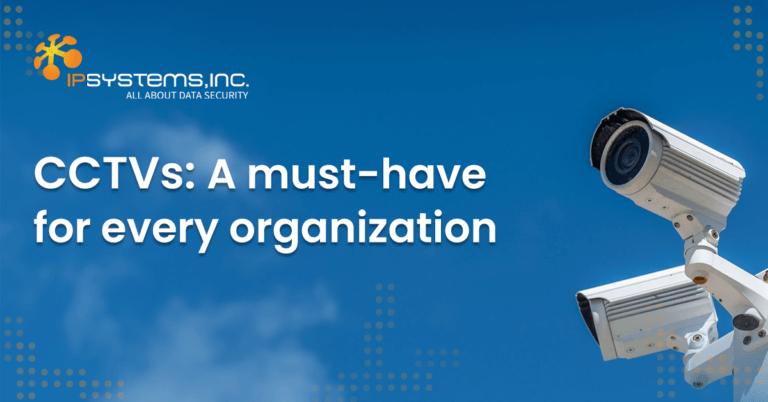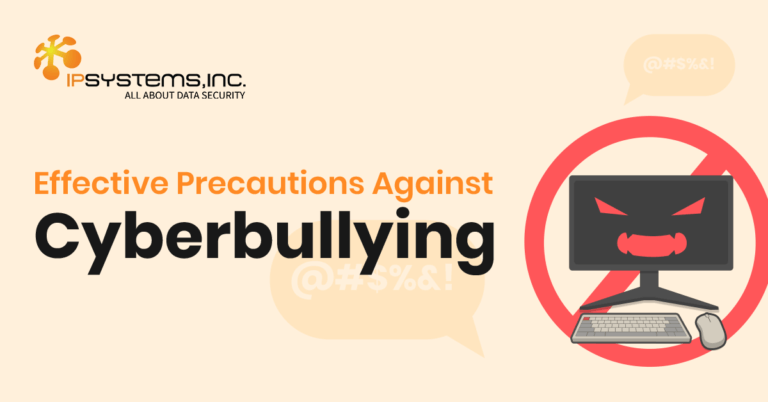
Innovating your Business with Green Data Centers
Blog: Innovating your Business with Green Data Centers Data centers are centralized facilities equipped with essential hardware like servers, storage devices, and networking equipment.
Whether for business or personal purposes, it’s advisable to install suitable security measure to protect your computers and networks. Firewalls are a common way to prevent bad actors from having access to valuable resources.
A firewall, maybe software or hardware-based, is a security system that controls traffic to and from a network. In essence, it’s a “wall” that helps keep the bad guys out of your system.
In filtering out unwanted traffic, a firewall can provide various levels of protection. It’s up to your IT team to determine how much protection your organization needs. However, you need to also remember that there’s no such thing as “too much protection.”
Firewalls ensure that malicious software and scripts do not infect your computer systems, but they are capable of more.
Cybersecurity experts will often tell clients that firewalls are a necessary first line of defense in network security. Your network needs to be secured to the extent that any device or traffic that enters your systems are flagged down if deemed suspicious. It’s here that network security matters.
Of course, a firewall is not the only component of your home network. You need to ensure that all internet-enabled devices, which usually means all the devices your employees use, run on the most recent operating systems and have the latest web browsers and security tools installed.
You need to secure your wireless routers too. This includes changing the router name from the factory ID and password and regularly tweaking your security options. Visitors to your facility should use a guest network you’ve set up.
It’s usually best to illustrate things using simple, non-geek language. Your firewall is a gatekeeper. It monitors attempts to access your OS and blocks traffic it doesn’t recognize.
The firewall is a sort of traffic controller. It protects a company’s network and information by managing network traffic, blocking unknown network traffic, and validating network access to detect malicious activity.
Operating systems and security software usually have a default firewall, which we advise that you turn on at once. Also, you must configure your security settings for automatic updates.
Firewalls mostly protect connections and network traffic, but they don’t authenticate individual users to determine who can access a computer or network.
Several types of firewalls exist to enforce specific security criteria:
This system looks at every packet entering or leaving the network. Using user-specified rules, it determines what to accept or reject.
This system looks at every packet entering or leaving the network. Using user-specified rules, it determines what to accept or reject.
Circuit-level gateway implementations apply security measures when a TCP or UDP connection is in place. The connection causes packets to flow between the hosts without extra checking.
A proxy server is a gateway type that hides the real network address of the computer or network of computers connecting through it.
It connects to the internet, requesting pages and connecting to servers. Besides, it receives data as a service to the computer or group of computers behind it. The ability to function as a firewall derives from it being possible to configure a proxy to accommodate the passage of specific types of traffic such as HTTP files or webpages.
A proxy server can cause network performance to lag because of the firewall’s active analysis and manipulation of traffic encountering it.
A web app firewall is any software filter, server plugin, or hardware component that regulates an HTTP transaction using a set of defined rules. To identify and block many attacks variants, each application maintains custom rules.
It’s normal to have at least two of these techniques operating in tandem in a firewall. Operating systems such as Microsoft Windows and Apple Mac OS come with native firewalls. A good cybersecurity solutions provider in the Philippines can recommend a suitable third-party firewall solution. You can also try several free versions to determine the most appropriate commercial firewall solution for you.
We like to tell our clients that their home and small office broadband routers also have basic firewall capabilities. These are mainly simple port/protocol filters, even though there are models with finer control.
There are two firewall categories, including software and hardware. They share significant merits and demerits which we reveal below.
There are operating systems with native firewall features for improved protection. These features are necessary even where an external firewall is available. Software firewall solutions are key in data security and online security.
You may purchase a third-party network security solution from a software vendor or ISP.
Software firewalls are great for controlling the specific network behavior of each application on a system. But they usually have to be available on the system that they are protecting.
These are known as network firewalls. They are physical devices placed between the computer and the internet (or similar network connection). Many vendors of data protection tools and internet service providers (ISPs) offer integrated routers with comprehensive firewall features.
Hardware-based firewalls are excellent for monitoring groups of computers to control the network activity [attempting to] pass through them.
Hardware-based firewalls are beneficial for providing an extra defense against attacks targeting desktop computing systems. However, remember that their extra peripheral devices need trained professionals to support their configuration and maintenance.
Besides using firewalls, keeping out threats also requires a human element. Computer users in your organization should only download software from reputable sources from a secure platform.
There’s also the issue of configuration, so it’s essential that your cybersecurity team understands the accompanying documentations to determine whether the default firewall settings are sufficient for your needs. It’s a necessary chore because the default configurations are often more permissive than is suitable for your purposes.
We love firewalls and recommend them. However, it’s good to note that they’ll only stop some attacks. That’s why organizations need other protective measure to improve the resilience of your security systems.



Blog: Innovating your Business with Green Data Centers Data centers are centralized facilities equipped with essential hardware like servers, storage devices, and networking equipment.

Blog: CCTVs: A must-have for every organization Nearly every business and organization, regardless of size, has already implemented CCTV Services within their premises because

Blog: Combating Bullying in Digital Classrooms: Empowering Students for a Safer Learning Environment Bullying is a pervasive issue that inflicts emotional, psychological, and physical

Established in 2007, IPSYSTEMS, Inc. is a trusted and valued cybersecurity and IT distributor in the Philippines. It has solutions specifically focused on IT Infrastructure Security, Secure Remote Access and Monitoring, and Email and Data Security.